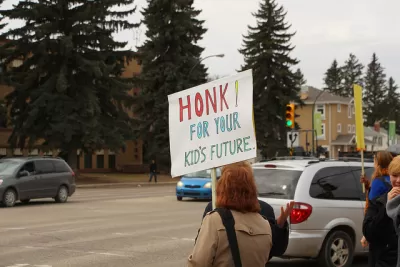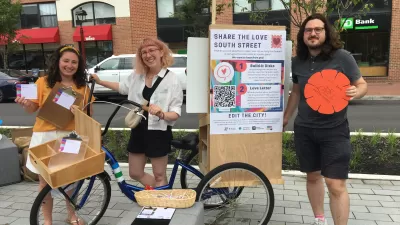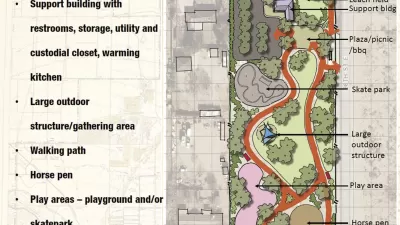Forces are aligning to increase polarization and tension in public dialog, and planners are increasingly caught in the middle. A recent workshop with 100 engagement experts resulted in a free eBook to help planners detox their public involvement.

The Changing Public Engagement Landscape
- The biasing and organizational impacts of social media,
- The growing divide between income groups,
- The polarizing political tensions, and
- The dehumanization of the opposition.
While all these trends can play a significant role (and there are undoubtedly others), perhaps the most dramatic has been the influence of social media on public opinion and the mobilization of opposition. We have reached a point where even the CEO’s of social media firms are admitting responsibility. Most recently Mark Zuckerberg, CEO of Facebook, announced measures to address his firm’s role in poisoning democracy.
Imagine if ten years ago you were told that by 2018 the majority of news and information people see would be curated specifically for them based on their current views and interests. Moreover, conflicting information would be made more difficult to find. This process of curation—which describes your Facebook news feed, your customized search engine results, and other social media streams—is driven in part by a desire to keep your attention and thus, in crude terms, expose you to more advertising. It’s well-known that people tend to navigate away more frequently if exposed to conflicting information. The result of this curation is a dramatic increase in polarization as people become increasingly convinced about their views.
The polarizing effect of this curation is only one part of social media’s influence on public discourse. Social media has also provided the public with easy access to tools to mobilize like-minded people to influence almost any cause or project.
Key Success Factors for Public Participation
Aware of increasing tensions, I organized a workshop at the International Association for Public Participation Annual Conference in the fall of 2017 to tap into the wealth of experience in the association’s membership.
The workshop drew together 100 of most skilled and talented public engagement practitioners in a working session. Together, we compiled a set of key success factors and strategies that planners and public engagement teams can use to detoxify public engagement.

Hopefully you will find these insights valuable and will join the growing list of practitioners contributing to the dialog about how to improve community engagement. Download a free copy of the eBook, Facing Contention: 21 Tips to Detox Public Engagement.

Alabama: Trump Terminates Settlements for Black Communities Harmed By Raw Sewage
Trump deemed the landmark civil rights agreement “illegal DEI and environmental justice policy.”

Study: Maui’s Plan to Convert Vacation Rentals to Long-Term Housing Could Cause Nearly $1 Billion Economic Loss
The plan would reduce visitor accommodation by 25% resulting in 1,900 jobs lost.

Planetizen Federal Action Tracker
A weekly monitor of how Trump’s orders and actions are impacting planners and planning in America.

Waymo Gets Permission to Map SF’s Market Street
If allowed to operate on the traffic-restricted street, Waymo’s autonomous taxis would have a leg up over ride-hailing competitors — and counter the city’s efforts to grow bike and pedestrian on the thoroughfare.

Parklet Symposium Highlights the Success of Shared Spaces
Parklets got a boost during the Covid-19 pandemic, when the concept was translated to outdoor dining programs that offered restaurants a lifeline during the shutdown.

Federal Homelessness Agency Places Entire Staff on Leave
The U.S. Interagency Council on Homelessness is the only federal agency dedicated to preventing and ending homelessness.
Urban Design for Planners 1: Software Tools
This six-course series explores essential urban design concepts using open source software and equips planners with the tools they need to participate fully in the urban design process.
Planning for Universal Design
Learn the tools for implementing Universal Design in planning regulations.
Caltrans
Smith Gee Studio
Institute for Housing and Urban Development Studies (IHS)
City of Grandview
Harvard GSD Executive Education
Toledo-Lucas County Plan Commissions
Salt Lake City
NYU Wagner Graduate School of Public Service































